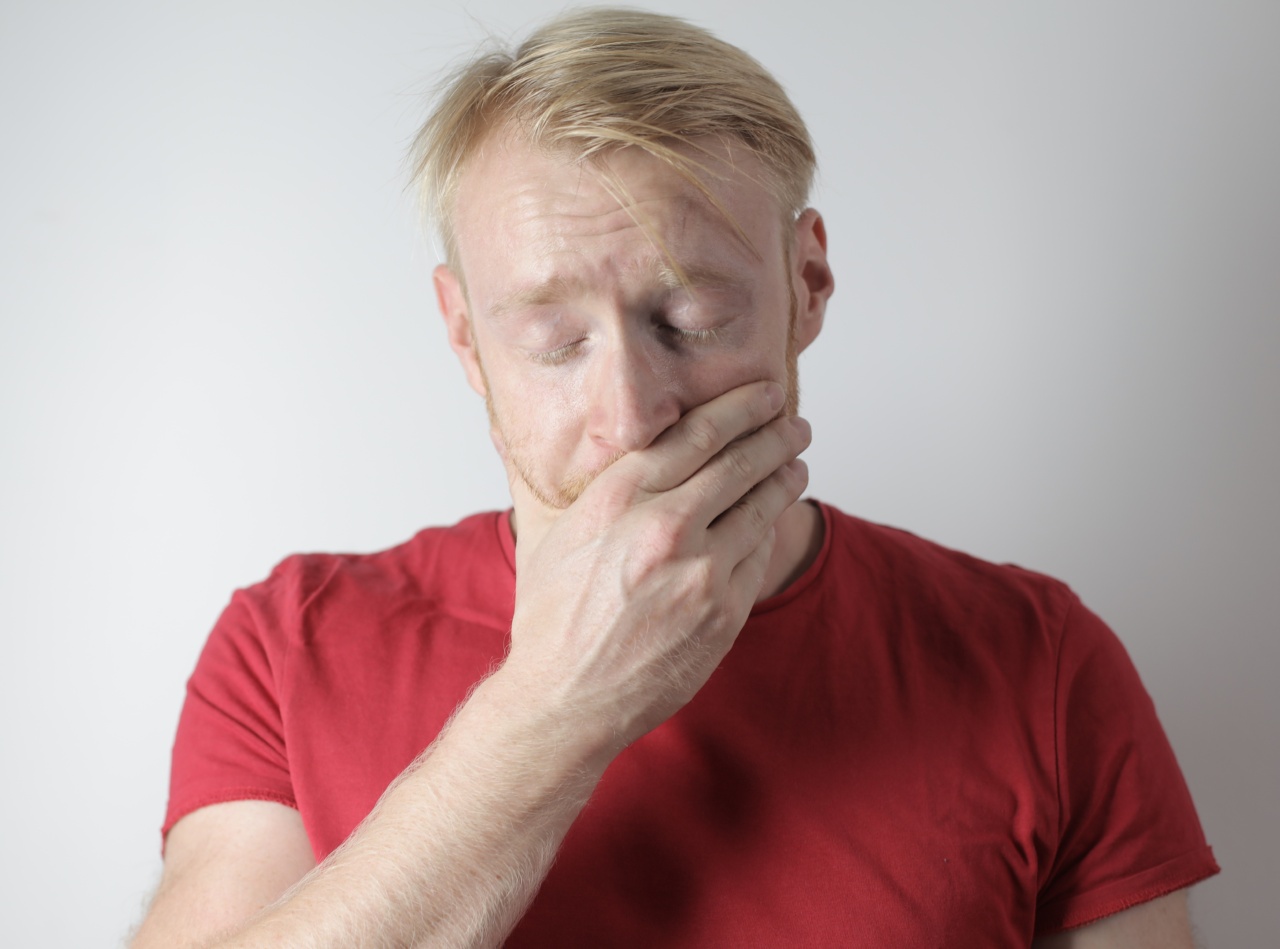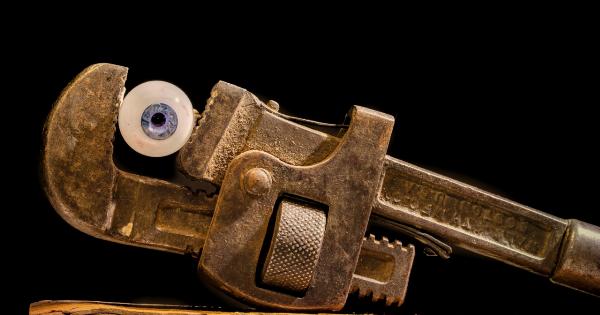Eye pressure occurs when the fluid in the eye doesn’t drain properly, leading to a buildup of pressure within the eye. This condition, known as ocular hypertension, can cause damage to the optic nerve over time and potentially lead to vision loss.
There are several factors that can cause eye pressure, including genetics, age, and certain health conditions. In this article, we’ll explore these causes and discuss how to manage eye pressure.
Causes of Eye Pressure
Genetics
Research has shown that genetics can play a significant role in the development of eye pressure. If you have a family history of glaucoma or other eye conditions, you may be at an increased risk of developing ocular hypertension.
This is because certain genes can cause an imbalance in the fluid production and drainage within the eye, leading to increased pressure.
Age
As we age, the risk of developing ocular hypertension increases. This is because the body produces less fluid in the eye over time, which can lead to a buildup of pressure.
Additionally, the drainage system in the eye can become less effective as we age, further contributing to ocular hypertension.
Health Conditions
Several health conditions can contribute to eye pressure, including diabetes, high blood pressure, and heart disease. These conditions can cause inflammation and damage to the blood vessels in the eye, leading to an increase in pressure.
Additionally, certain medications used to treat these conditions can also increase eye pressure as a side effect.
How to Manage Eye Pressure
Regular Eye Exams
The best way to manage eye pressure is to have regular eye exams. During these exams, your eye doctor will check the pressure in your eye and monitor any changes over time. They may also perform a visual field test to check for any signs of vision loss.
Catching ocular hypertension early can help prevent further damage to the optic nerve and potentially prevent vision loss.
Lifestyle Changes
There are several lifestyle changes you can make to help manage eye pressure. These include:.
- Exercise regularly to improve circulation
- Eat a healthy diet rich in fruits and vegetables
- Avoid smoking and limit alcohol consumption
- Manage stress through relaxation techniques like meditation
Medications
If your eye pressure is high, your doctor may prescribe medications to help lower it. These medications may include eye drops, oral medications, or a combination of both.
It’s important to follow your doctor’s instructions carefully and report any side effects you may experience.
Surgery
In some cases, surgery may be necessary to manage ocular hypertension. This may involve lasers to increase fluid outflow or a trabeculectomy, which is a surgical procedure that creates a new drainage channel to relieve pressure in the eye.
Conclusion
Eye pressure, or ocular hypertension, can have serious consequences if left untreated. Regular eye exams, lifestyle changes, medications, and surgery are all potential options for managing eye pressure.
If you are experiencing symptoms of ocular hypertension, such as blurred vision or eye pain, it’s important to seek medical attention as soon as possible.




























